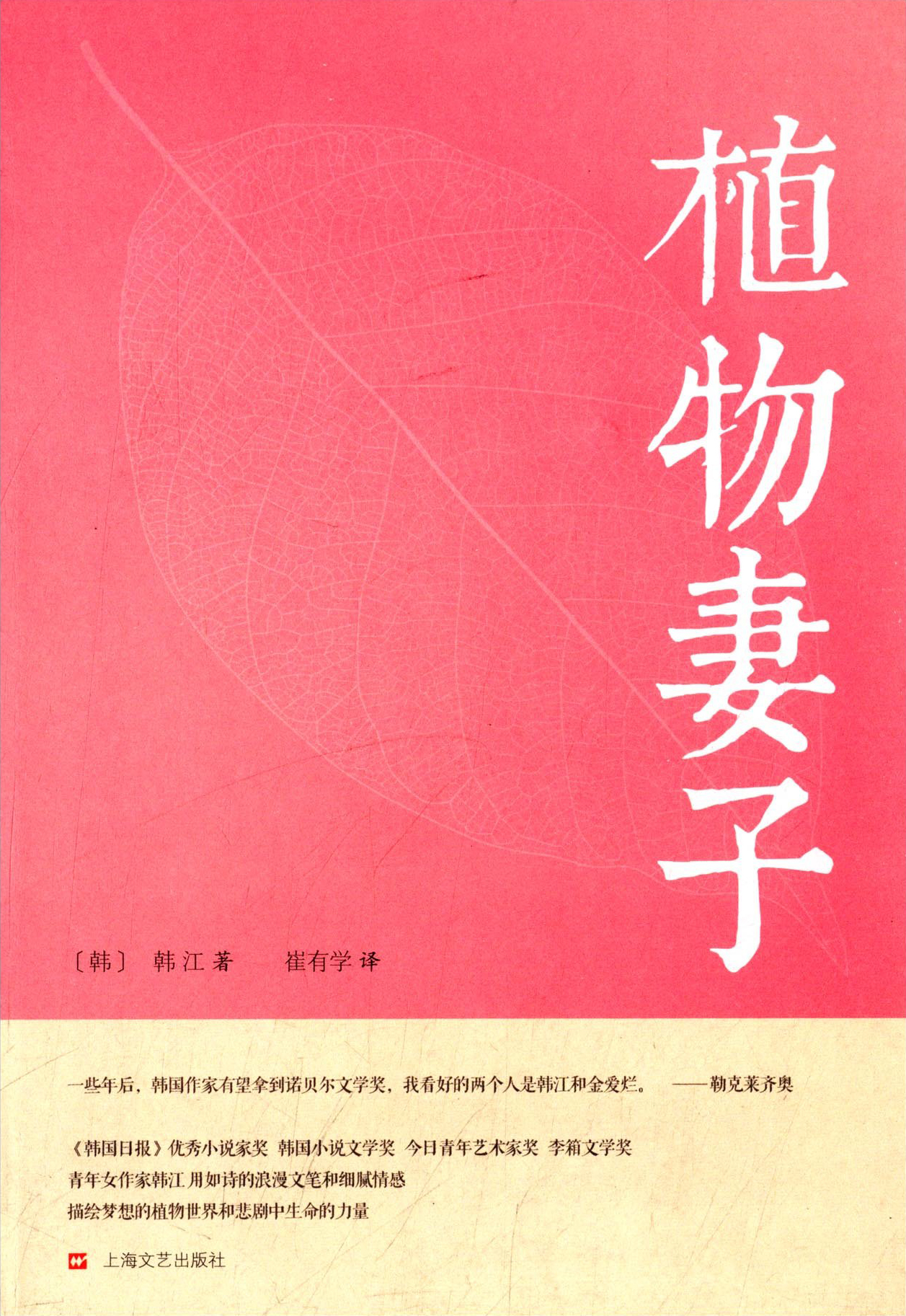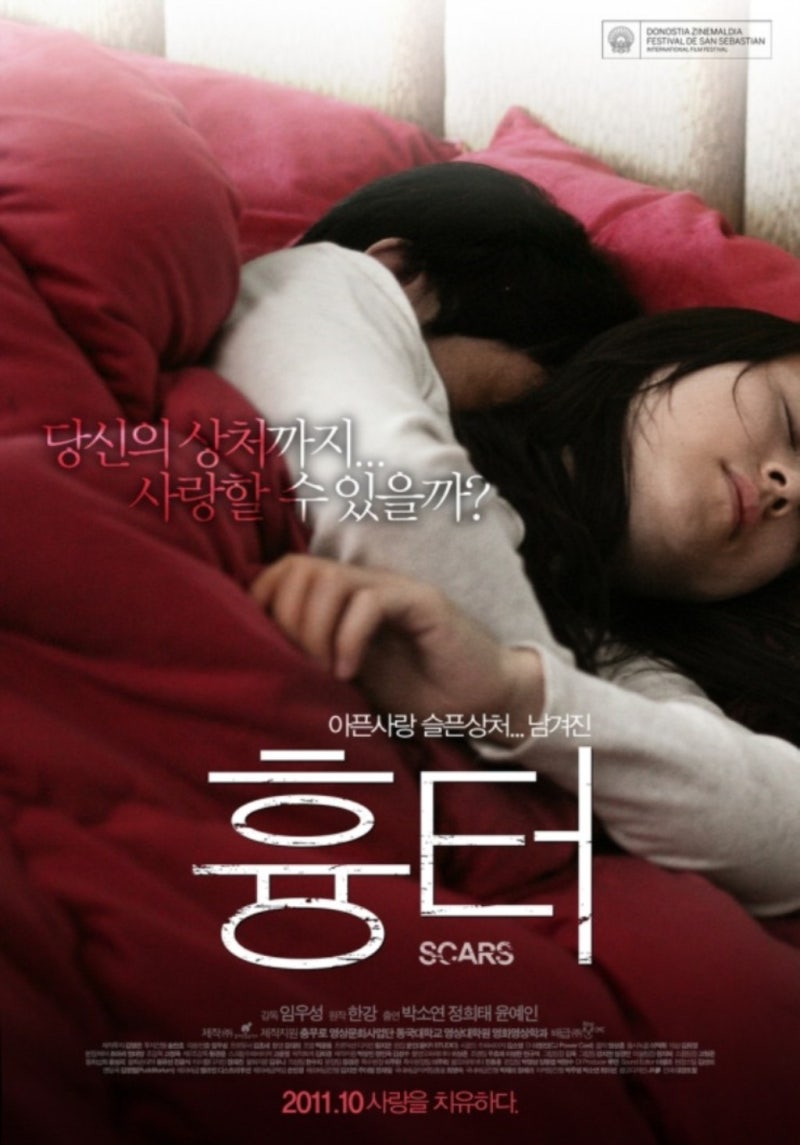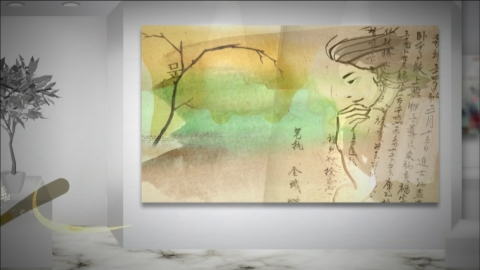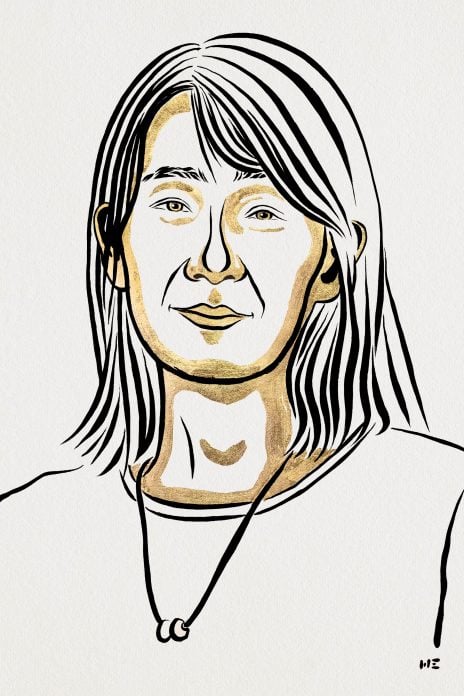
The subject guide page is created to support the special event on Friday October 25, 2024: "Celebrating Korean Writer Han Kang", sponsored by UCI's Center for Critical Korean Studies (CCKS). The Center also organized "Precariousness and Ethics of Care: Contemporary Korean Women’s Literature and Cinema", another event back on June 1, 2024, where Han Kang was a special guest in the Q/A session. Here is the recording.
 여수의 사랑
여수의 사랑
 내 여자의 열매
내 여자의 열매
 검은 사슴
검은 사슴
 그대의 차가운 손
그대의 차가운 손
 몽고반점
몽고반점
 채식주의자
채식주의자
 바람이 분다, 가라
바람이 분다, 가라
 희랍어 시간
희랍어 시간
 노랑무늬 영원
노랑무늬 영원
 회복하는 인간
회복하는 인간
 서랍에 저녁을 넣어 두었다
서랍에 저녁을 넣어 두었다
 소년이 온다
소년이 온다
 흰
흰
 디 에센셜: 한강
디 에센셜: 한강
 작별하지 않는다
작별하지 않는다
 Convalescence
Convalescence
 The vegetarian
The vegetarian
 Human acts
Human acts
 The white book
The white book
 Greek Lessons
Greek Lessons
 We do not part
We do not part
 La clase de griego
La clase de griego
 La vegetariana
La vegetariana
 素食者
素食者
 植物妻子
植物妻子
 永不告別
永不告別
 白
白
 把晚餐放进抽屉
把晚餐放进抽屉
 少年來了
少年來了
 菜食主義者
菜食主義者
 少年が来る
少年が来る
 ギリシャ語の時間
ギリシャ語の時間
 すべての、白いものたちの
すべての、白いものたちの
 回復する人間
回復する人間
 引き出しに夕方をしまっておいた
引き出しに夕方をしまっておいた
 別れを告げない
別れを告げない
 흉터 Scars
by
Im, U-sŏng
흉터 Scars
by
Im, U-sŏng
 문화 四色, 501회 : 2016년 5월 소설가 한강, 맨 부커 상 수상
by
MBC Archive
문화 四色, 501회 : 2016년 5월 소설가 한강, 맨 부커 상 수상
by
MBC Archive
 문화 四色, 501회 : 한강의 주제의식이 잘 드러난 대표작 <채식주의자>
by
MBC Archive
문화 四色, 501회 : 한강의 주제의식이 잘 드러난 대표작 <채식주의자>
by
MBC Archive
 문화 四色, 501회 : 5.18 광주민주화운동이 배경이 된 소설 <소년이 온다>
by
MBC Archive
문화 四色, 501회 : 5.18 광주민주화운동이 배경이 된 소설 <소년이 온다>
by
MBC Archive
<채식주의자>
<소년이 온다>
<Others>
<The Vegetarian>
<Human Acts>
<Others>
<La vegetariana>
<The Vegetarian>
<Human Acts>
韩晓."凋零的少年之花与暴力的历史记忆——评韩国作家韩江新作《少年来了》." 外国文学动态研究 .01(2016):71-78. Available online
<Others>
<The Vegetarian>

“For her intense poetic prose that confronts historical traumas and exposes the fragility of human life” - The Nobel Prize in Literature 2024
Han Kang was born in Gwangju, South Korea in 1970. She studied Korean literature at Yonsei University. She made her literary debut as a poet by publishing five poems in 1993. She began her career as a novelist the next year by winning the 1994 Seoul Shinmun Spring Literary Contest with “Red Anchor”. She published her first short story collection entitled Yeosu in 1995.
In her oeuvre, Han Kang confronts historical traumas and invisible sets of rules and, in each of her works, exposes the fragility of human life. She has a unique awareness of the connections between body and soul, the living and the dead, and in her poetic and experimental style has become an innovator in contemporary prose.
Awards
Off-campus? Please use the Software VPN and choose the group UCIFull to access licensed content. For more information, please Click here
Software VPN is not available for guests, so they may not have access to some content when connecting from off-campus.